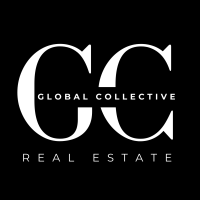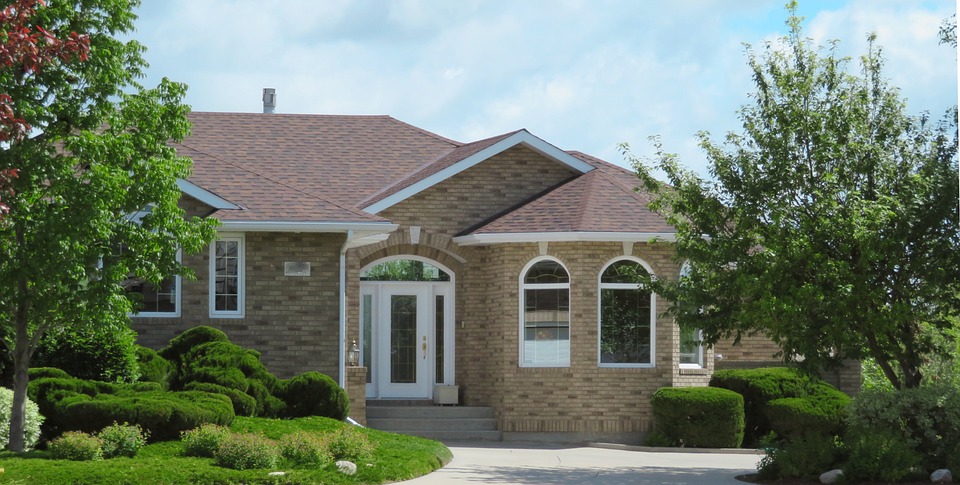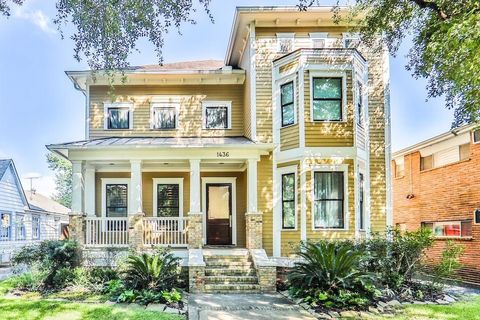When it comes to buying a home, one of the most important decisions you will make is choosing the right mortgage loan. With so many different types of mortgage loans available, it can be overwhelming to figure out which one is best for you. To help you make an informed decision, we will explore the different types of mortgage loans and discuss their pros and cons.
1. Conventional Loans:
Conventional loans are the most common type of mortgage loan, and they are not insured or guaranteed by the government. These loans typically require a higher credit score and a larger down payment compared to other types of loans. However, conventional loans offer more flexibility in terms of loan terms and interest rates.
2. FHA Loans:
FHA loans are backed by the Federal Housing Administration and are designed for first-time homebuyers or those with less than perfect credit. These loans require a lower down payment and have more lenient credit requirements compared to conventional loans. However, FHA loans come with higher mortgage insurance premiums.
3. VA Loans:
VA loans are available to active duty service members, veterans, and eligible surviving spouses. These loans are backed by the Department of Veterans Affairs and offer competitive interest rates and no down payment requirement. VA loans also do not require private mortgage insurance.
4. USDA Loans:
USDA loans are backed by the U.S. Department of Agriculture and are designed for low to moderate-income buyers in rural areas. These loans offer 100% financing and low-interest rates. However, USDA loans have income limits and property eligibility requirements.
5. Adjustable-Rate Mortgages (ARMs):
ARMs offer an initial fixed interest rate for a set period (usually 5, 7, or 10 years) before adjusting annually based on market rates. These loans typically have lower initial interest rates compared to fixed-rate mortgages, making them a good option for buyers who plan to sell or refinance before the rate adjusts.
6. Jumbo Loans:
Jumbo loans are designed for buyers who need to borrow more than the conforming loan limits set by Fannie Mae and Freddie Mac. These loans have higher interest rates and stricter credit requirements compared to conforming loans. Jumbo loans are a good option for buyers looking to purchase a luxury home.
7. Reverse Mortgages:
Reverse mortgages are available to homeowners age 62 and older and allow them to convert their home equity into cash. These loans do not require monthly mortgage payments but come with high fees and interest rates. Reverse mortgages are a good option for retirees looking to supplement their income.
In conclusion, when choosing a mortgage loan, it is important to consider your financial situation, credit history, and long-term goals. Each type of loan has its own set of benefits and drawbacks, so it is essential to research and compare different options before making a decision. Consulting with a mortgage lender or financial advisor can also help you determine which type of loan is right for you.









